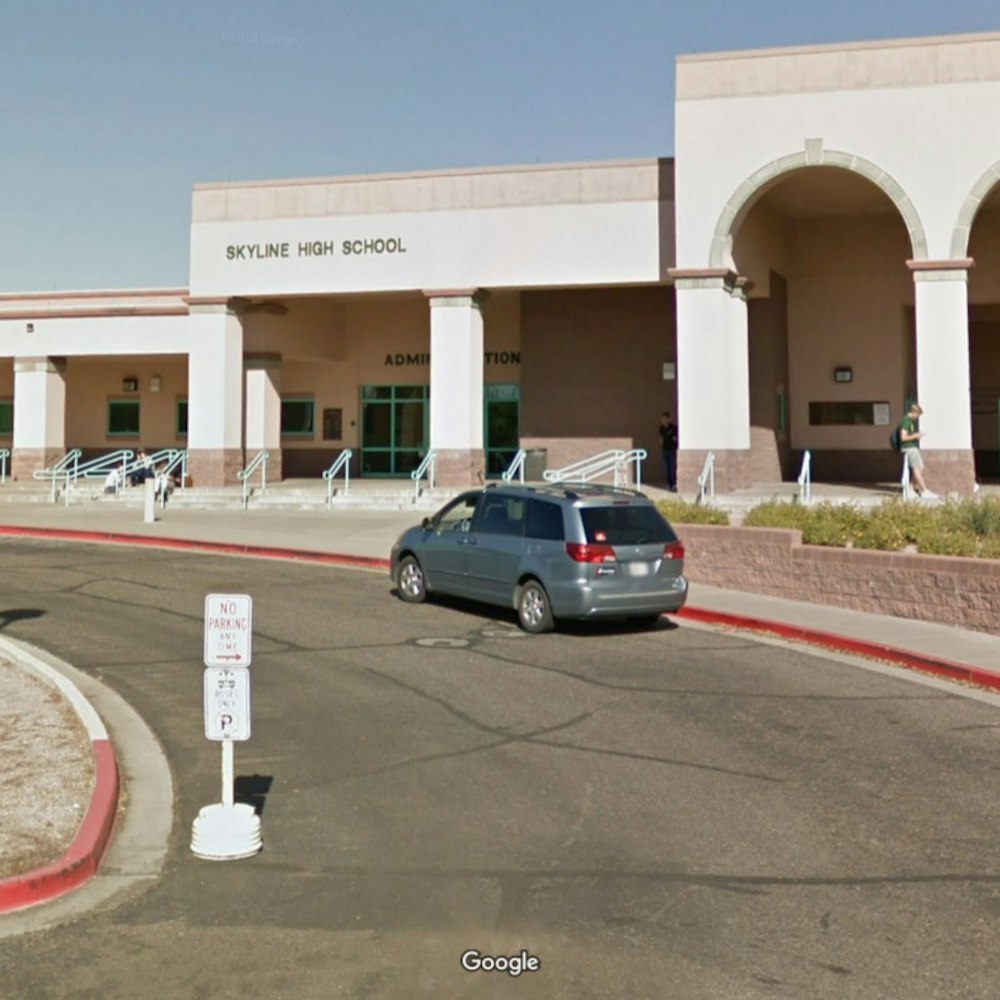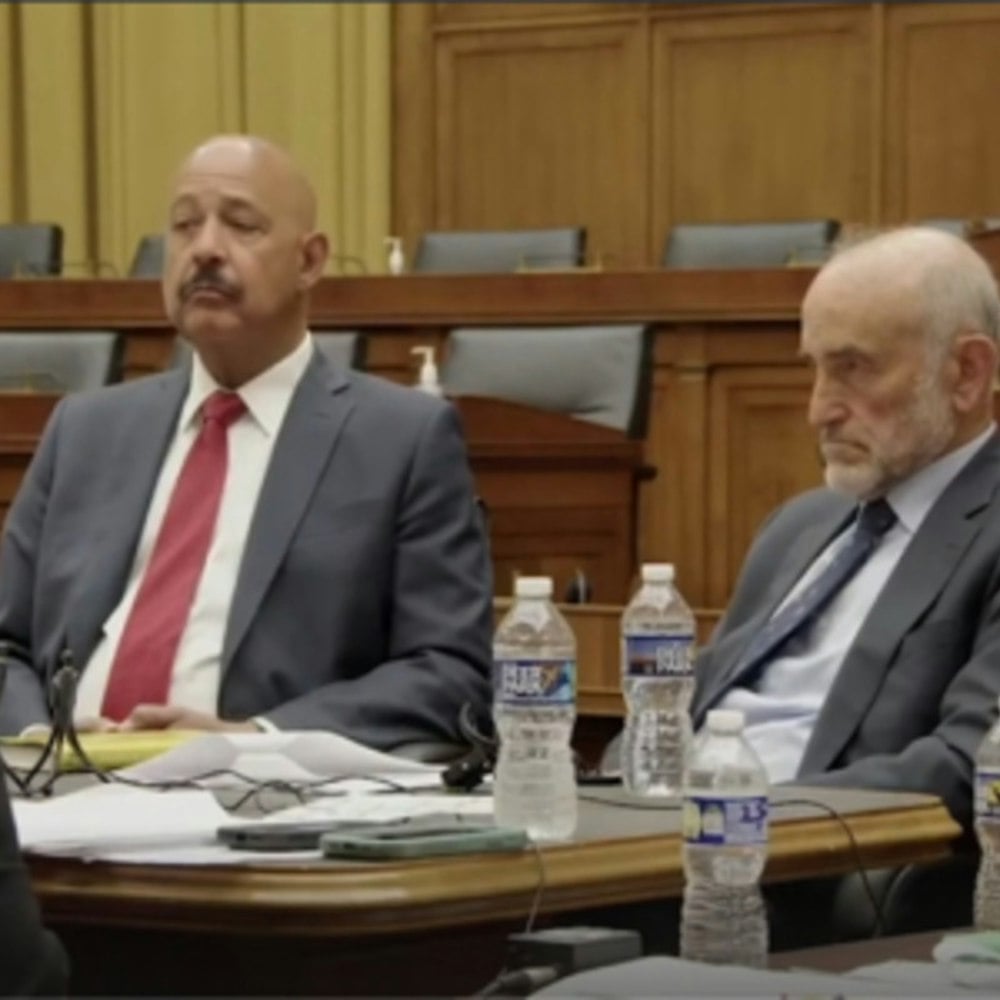
Arizona's Superintendent of Public Instruction Tom Horne has thrown down the gauntlet in the defense of Grand Canyon University (GCU) by sending a letter directly to US Secretary of Education Miguel Cardona. In the document, Horne chastises Cardona for threatening to close the Phoenix-based institution, a move which he deems constitutionally unsound and damaging to Arizona's educational landscape. Horne's letter, made public through the Arizona Department of Education's website, serves as a fiery retort to Cardona's remarks during a recent House Appropriations committee hearing.
The bone of contention between the two officials appears to be accusations from the Department of Education against GCU, which Cardona cited as grounds for potentially shuttering the university. Horne is having none of it, criticizing Cardona's stance as a slap in the face of the presumption of innocence—a fundamental principle of American justice. "In the U.S., anyone accused of wrongdoing is presumed innocent and entitled to their day in court," Horne stated in his letter, going on to assert, "For a Cabinet-level official, one who is sworn to uphold the U.S. Constitution, your threat against GCU is contrary to those constitutional guarantees and unworthy of your position."
The strongly worded correspondence does more than just defend GCU's due process rights. Horne also underscores the vital role that the university plays in the Arizona education system, stressing its importance to his mission of bolstering academic achievement across the state. Horne's letter highlights that GCU is "a major ally to my effort to raise academics in Arizona schools, and any harm you do to them would do harm to my goal of academic excellence,". He also sheds light on the pivotal function the institution serves in addressing the severe teacher shortage that plagues Arizona, signifying that the potential closure of GCU would strike a devastating blow to educational staffing in the state.
The contention stems from the lack of evidence provided by the federal government to support the allegations against GCU, as Horne points out in his plea for Cardona to meet with the university's leadership. Despite the grave nature of the allegations, Cardona's reluctance to engage directly with GCU stands as a point of emphasis in Horne's letter. In the absence of such dialogue, Horne stands firmly in defense of the university, pointing to the unreasonableness of a shutdown without proper adjudication. A copy of Horne's letter is openly accessible on the Arizona Department of Education's website.
Secretary Cardona has not publicly responded to Horne's letter as of yet, leaving questions swirling around the future and fate of Grand Canyon University in the wake of these federal challenges. As tensions mount and the standoff persists, the university's community and stakeholders are left waiting for a resolution that could have wide-reaching implications for Arizona's educational system.









